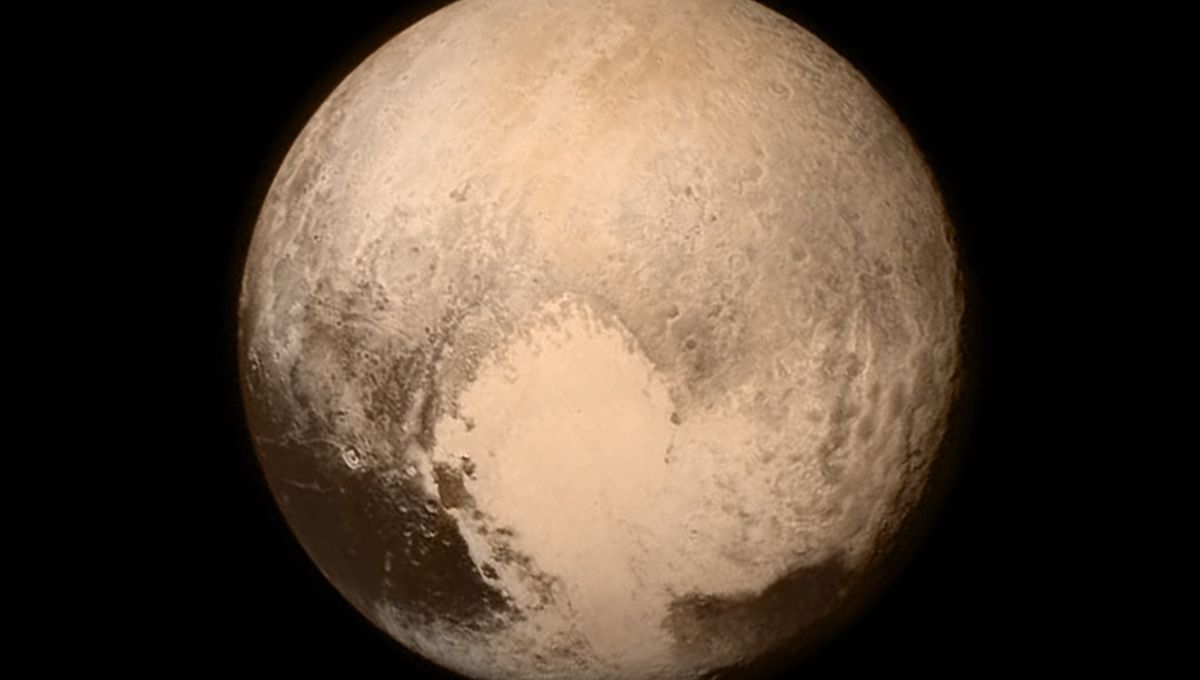
On this day, August 24, 2006, the International Astronomical Union (IAU) made a decision that was going to change the Solar System forever. Members of the IAU voted on a long-drawn proposal that defined exactly what astronomers mean by the term “planet”. And thus Pluto was reclassified as a dwarf planet and our Solar System was reduced to eight. Seventeen years later, the motion remains as controversial as ever.
What makes a planet a planet?
The IAU went through many iterations of possible definitions, which would include planets around other stars – exoplanets – and planets that have been booted out of their star system. But issues were raised about the inability to accommodate rogue planets, those planets booted out of their star systems.
Eventually, on the last day of the 10-day conference in Prague, the current definition was put forward, voted, and approved. A planet needs to satisfy three conditions. It needs to orbit the Sun. so all exoplanets and rogue planets are out. It needs to have reached hydrostatic equilibrium, which means it needs to be roughly spherical. And finally, it needs to have cleared its orbit by being the main gravitational body there.
Why was Pluto “demoted”?
Pluto doesn’t achieve the third one. The distant world has not cleared its orbit, which it partly shares with Neptune. But defenders of Pluto’s planetary status claimed that Earth, Mars, Jupiter, and Neptune have not cleared their orbit either. But if we exclude the Moon, Earth is 1.7 million times heavier than the rest of the asteroids that cross its orbit. Pluto is just 0.07 heavier than them.
The discussion within and beyond scientific circles called this a demotion rather than a classification, but it could be argued that Pluto was elevated as the first example of two new classes of objects: dwarf planets and plutoids.
People across all sides of the debate stress how the definition is far from perfect and how often planets are defined not just as planets but with extra adjectives: rocky, gas giant, ice giants, etc. So maybe the dwarf term might one day be considered a subcategory of “planet” rather than a different thing. The term was originally coined with that in mind by Alan Stern, the principal investigator of New Horizons, which visited Pluto in 2015.
Stern actually wants Pluto to be a planet again.
Pluto is a world of mystery and wonder
There are plenty of other things that make Pluto so weird. For example, none of its five moons actually orbit the dwarf planet. They all orbit a point outside of Pluto, and Charon, its largest moon, is to blame.
You see, Charon has about half the diameter of Pluto and about one-eighth of its mass. This is so big that the barycenter of this system – the point around which objects in a system orbit – is actually 960 kilometers (about 600 miles) from the surface of Pluto, which is really far from the dwarf planet, about 83 percent of its radius.
You can’t have nine planets anymore…
There is one thing certain among astronomers that has unfortunately been lacking in public discourse. We can’t have nine planets in the Solar System anymore. The cause of this is called Eris, a dwarf planet named after the Goddess of Strife and Discord. What an apt name it would turn out to be.
It is more massive than Pluto and only slightly smaller, so if Pluto gets to be a planet, why not Eris? The announcement of its discovery by Mike Brown, Chad Trujillo, and David Rabinowitz in fact called it the 10th planet.
The existence of this world forced the hand of the IAU, which the following year adopted the current resolution. So either we have eight planets or we have at least 13 by adding the dwarf planets Ceres, Pluto, Eris, Haumea, and Makemake. Many more are recognized as dwarf planets by the astronomical community (but not yet by the IAU).
The only way to have nine planets again is to keep the current definition and hope that Mike Brown and colleagues are right in suspecting that there is a large and massive planet far away from the Sun that we haven’t seen yet. Searches for the elusive Planet 9 are ongoing, so watch this space.
Source Link: Pluto Stopped Being A Planet 17 Years Ago Today. Why?